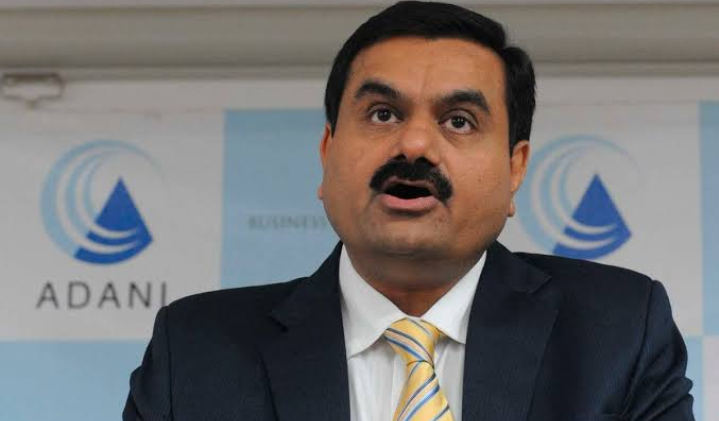In late September 2024, the Adani Group found itself at the center of a legal battle over the Kenyan government’s healthcare plans, after Busia Senator Okiya Omtatah filed a petition in court.
The documents revealed how the introduction of the Adani Group, through a Safaricom-led consortium, allegedly led to the inflation of the cost of a major healthcare initiative by approximately Sh56 billion.
This legal challenge raises serious concerns about the integrity of public-private partnerships in Kenya, especially when foreign companies like Adani become involved in such critical national projects.
At the center of this controversy is the Social Health Insurance Fund (SHIF), a project designed to enhance healthcare accessibility in Kenya by implementing a comprehensive IT system for Universal Health Coverage (UHC).
The Safaricom consortium, which includes Safaricom Plc, Konvergenz Network Solutions Limited, and Apeiro Limited, was awarded the contract to develop this system for a massive Sh104 billion.
This deal, however, has raised alarm due to the manner in which it was awarded through a direct procurement process that bypassed the more transparent and competitive bidding process typically used for public contracts.
Omtatah, along with other petitioners, is challenging the operational framework of the SHIF, accusing the government and the Safaricom consortium of inflating the cost of the project and failing to disclose key details about the deal.
Court filings suggest that classified documents may reveal the involvement of corrupt government officials and figures within the Safaricom consortium in what is being described as a large-scale fraud scheme.
This claim has sparked further doubts about the transparency of the agreement and the fairness of the contract.
A key issue raised by the petitioners is the inflated cost of the IT system, which they argue will not benefit the Kenyan economy as promised.
The companies involved in the consortium are portrayed as investors, yet it is claimed that they will not invest capital into the Kenyan economy.
Instead, they will maintain ownership of the healthcare technology, including the right to sell it to third parties, effectively charging Kenyans for using a system they essentially control.
Another critical aspect of the legal challenge is the lack of necessary legislation to operationalize the Social Health Insurance Act, which the SHIF is meant to support.
The petitioners argue that the system’s rollout is premature and could be unconstitutional, given that the framework to support it is not yet in place.
They are seeking to halt the implementation of the system and to annul the contract with the Safaricom consortium, raising concerns about its long-term impact on Kenya’s healthcare system.
This case has broader implications for Kenya’s healthcare strategy, particularly in how public-private partnerships are managed.
The involvement of the Adani Group, already under scrutiny for its other global dealings, adds another layer of controversy to the debate.
The ongoing case could potentially expose deeper issues of corruption, inefficiency, and poor governance, which may shape the future of Kenya’s healthcare system and influence the country’s approach to international partnerships in vital infrastructure projects.





















Add Comment